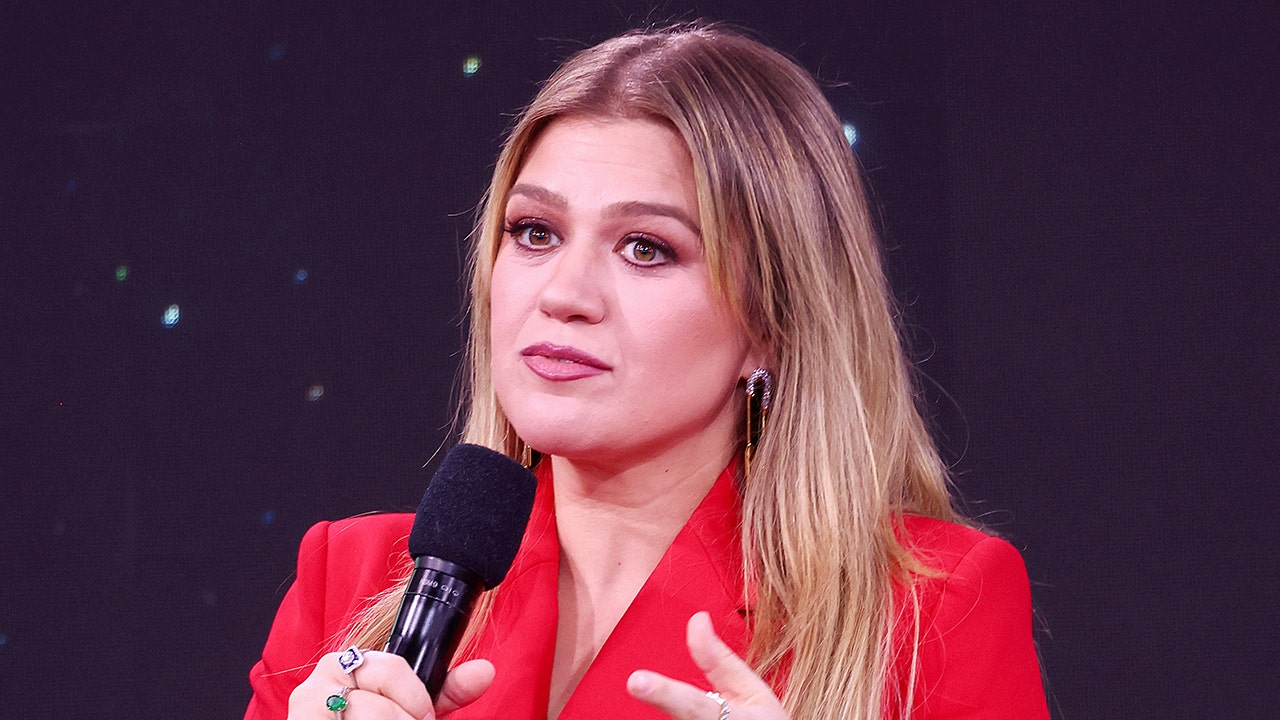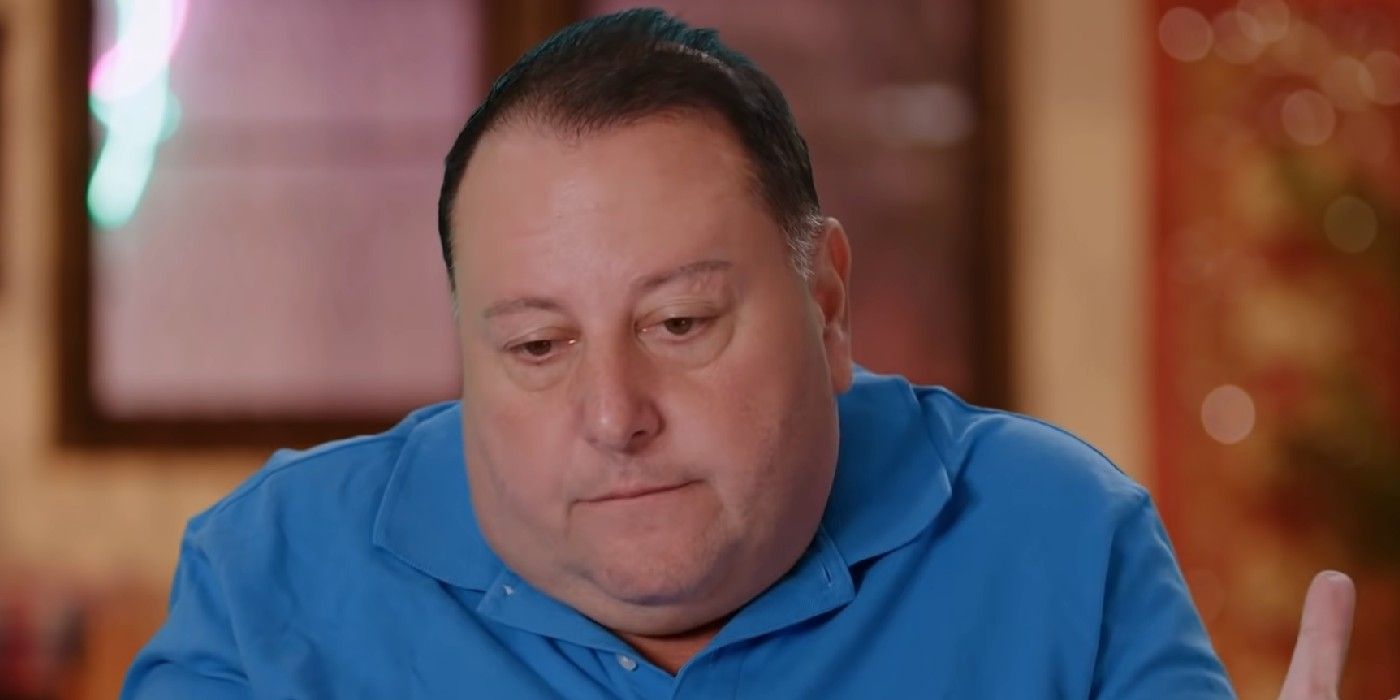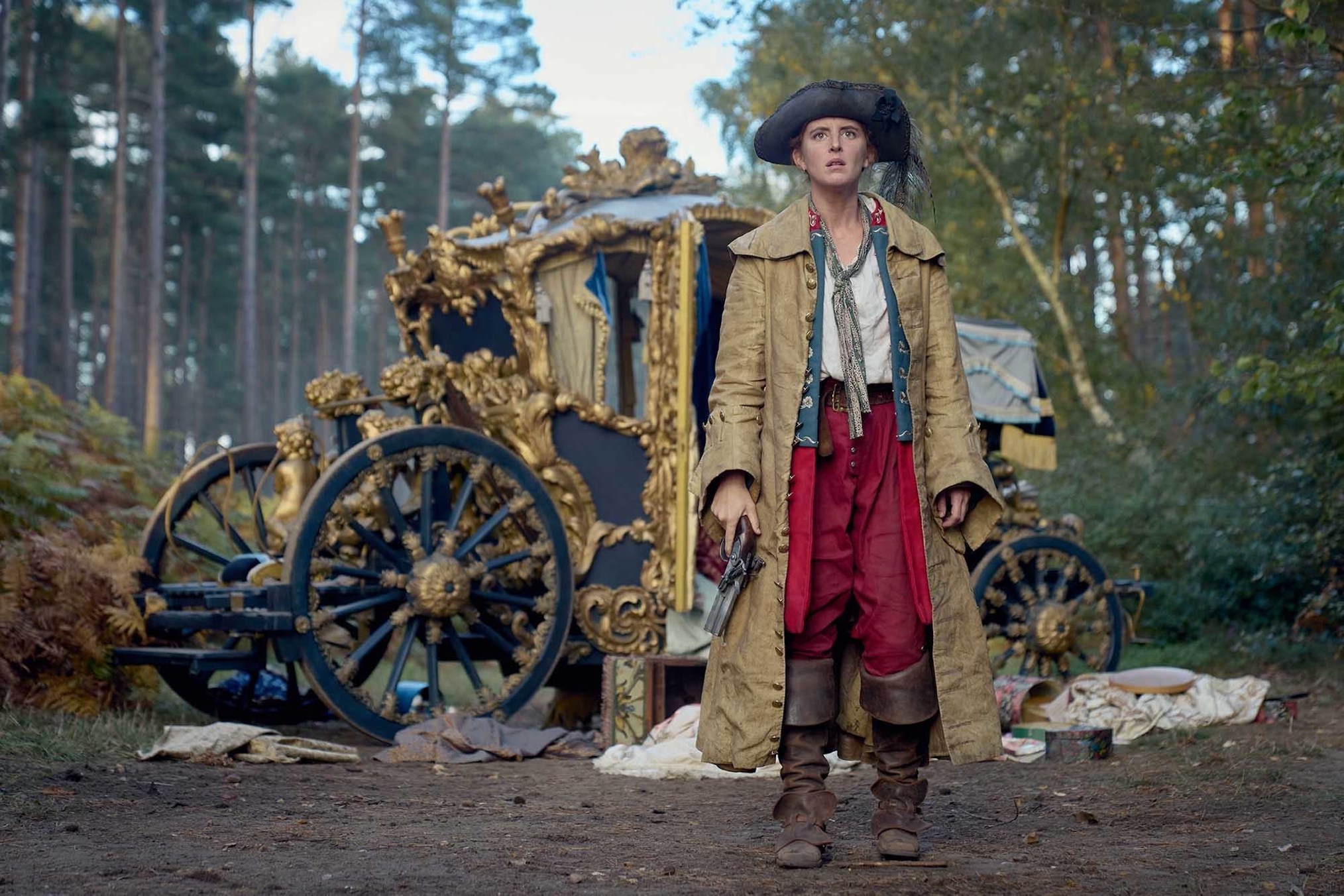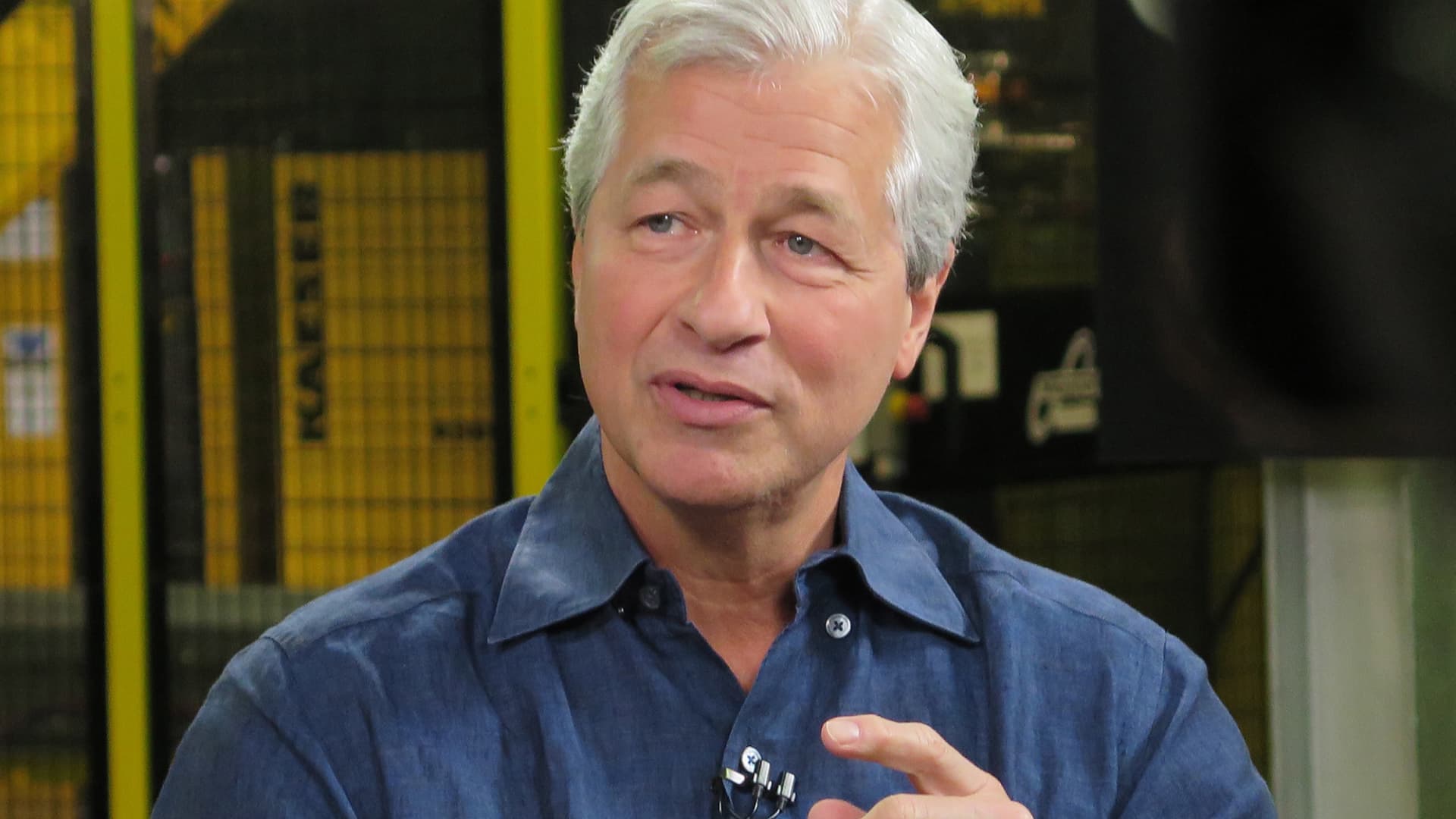Shell is a film made with the intention of being a guilty pleasure. It wants to be the film one would encounter on cable in the middle of the day or late at night. Many films have become popular this way, especially before the days of streaming: scrappy little films with a campy sense of humor and talented cast getting to play around and stretch their acting muscles in ways that feel low-stakes for their career. Worst case scenario, the film becomes a curiosity — not good, but fascinating enough in its badness. And the best-case scenario is becoming one of those hidden gems that have a second life on home video.
That’s clearly what director Max Minghella is aiming for with Shell, a campy horror dark comedy about the unfairness of beauty standards in modern society. Six years after his directorial debut, Teen Spirit, Minghella is back at the Toronto International Film Festival with another film about someone who desperately wants to be a big star. Shell follows Samantha Lake (Elisabeth Moss), a TV actress trying to break into film roles. But in Hollywood, she’s at the bottom of the food chain and her team thinks it’s time for her to make a change.
Shell
The Bottom Line
Offers just enough surface pleasures.
Venue: Toronto International Film Festival (Special Presentations)
Cast: Elisabeth Moss, Kate Hudson, Kaia Gerber, Este Haim, Arian Moayed, Elizabeth Berkley
Director: Max Minghella
Writer: Jack Stanley
1 hour 40 minutes
Enter Zoe Shannon (Kate Hudson) and her beauty empire — her company Shell has created a new kind of treatment that is meant to improve the body’s overall health and halt the aging process. Samantha is hesitant at first, but she’s quickly convinced by the handsome Dr. Hubert (Arian Moayed). At the clinic, she runs into a young woman she used to babysit, Chloe Benson (Kaia Gerber), and the two reconnect. Still, Samantha wonders why someone so young would even need the treatment. Chloe is brand new to acting, but she’s already competing with Samantha for roles. Why would she need to make any changes now, so early in her career?
Shortly after they both have the treatment, Chloe goes missing, but Samantha is too busy with her newfound popularity to notice at first. The treatment changes everything for Samantha; she feels more confident on and off camera, buying a new place and hiring her best friend Lydia (Este Haim) as her assistant to manage her newfound success. She even becomes close with Zoe, who encourages her to embrace her power as a woman to get what she wants.
Samantha blossoms, getting the film role of her dreams and feeling sexy for the first time in her life. But when the treatment starts to give Samantha unforeseen side effects, the facade of Zoe and her beauty empire starts to crack. Soon, Samantha realizes that whatever happened to Chloe is happening to her too.
Somehow, at 100 minutes, Shell still feels too short. Writer Jack Stanley’s script zips through scene after scene, without much room to pause and ponder where the story is going. Moss does her best as Samantha, but the character is so thinly written there’s not much to hold onto. Samantha’s transformation is largely an internal one, where she gains her confidence and all her problems seem to fall away.
The story comes into sharper focus as the horror elements slowly creep in. The body horror aspects are among the most interesting, injecting the film with a nice dose of violence. Hudson is having a lot of fun as Zoe, but the film keeps stopping short of making her a full-on camp villain. Everything she does feels a little too tame, too neat, when she should be getting her hands dirty. Shell is at its best when it goes for the grotesque, but the look of the film is a little too clean to fully sell it. The visceral nature of classic camp horror is what makes it so memorable. There’s bravery in a film that’s not afraid to commit to being ugly.
Ultimately, Shell’s observations about the beauty industry are only skin-deep. And when a film doesn’t have much to say, it’s all up to the strength of its tone and performances. Despite the film’s shortcomings, the cast — which includes playful turns from Peter MacNichol, Amy Landecker and Randall Park — is game and seems to genuinely be having a good time with the story. Shell won’t move the needle on any modern discourse regarding beauty standards, and it may not become the cult classic it so clearly wants to be, but it’s fine enough as an oddity.
Full credits
Venue: Toronto International Film Festival (Special Presentations)
Director: Max Minghella
Writer: Jack Stanley
Cast: Elisabeth Moss, Kate Hudson, Kaia Gerber, Este Haim, Arian Moayed, Elizabeth Berkley, Peter MacNicol, Amy Landecker, Randall Park, Lionel Boyce, Monica Garcia, Luke Samuels
Producers: Fred Berger, Brian Kavanaugh, Max Minghella, Elisabeth Moss, Lindsey McManus, Hal Sodoff, Norman Golightly, Alicia Van Couvering
Executive Producers: Jamie Bell, Peter Micelli, Jack Stanley, Daryl Katz, Chloe Katz, Paul Marcaccio, Teddy Schwarzman, John Friedberg, Jill Silfen, Jared D. Underwood, Andrew C. Robinson, Danny Mandel, Logan Bailey, Victor Moyers, Michael Bohlmann, Rene W. Bastien
Director of Photography: Drew Daniels
Composer: Eldad Guetta
Editor: Gardner Gould
Production designer: Susie Mancini
Costume designer: Mirren Gordon-Crozier
Art director: Chikako Suzuki
Set decorator: Adrienne Garcia
Casting directors: Chelsea Ellis Bloch, Marisol Roncali
1 hour 40 minutes

























































